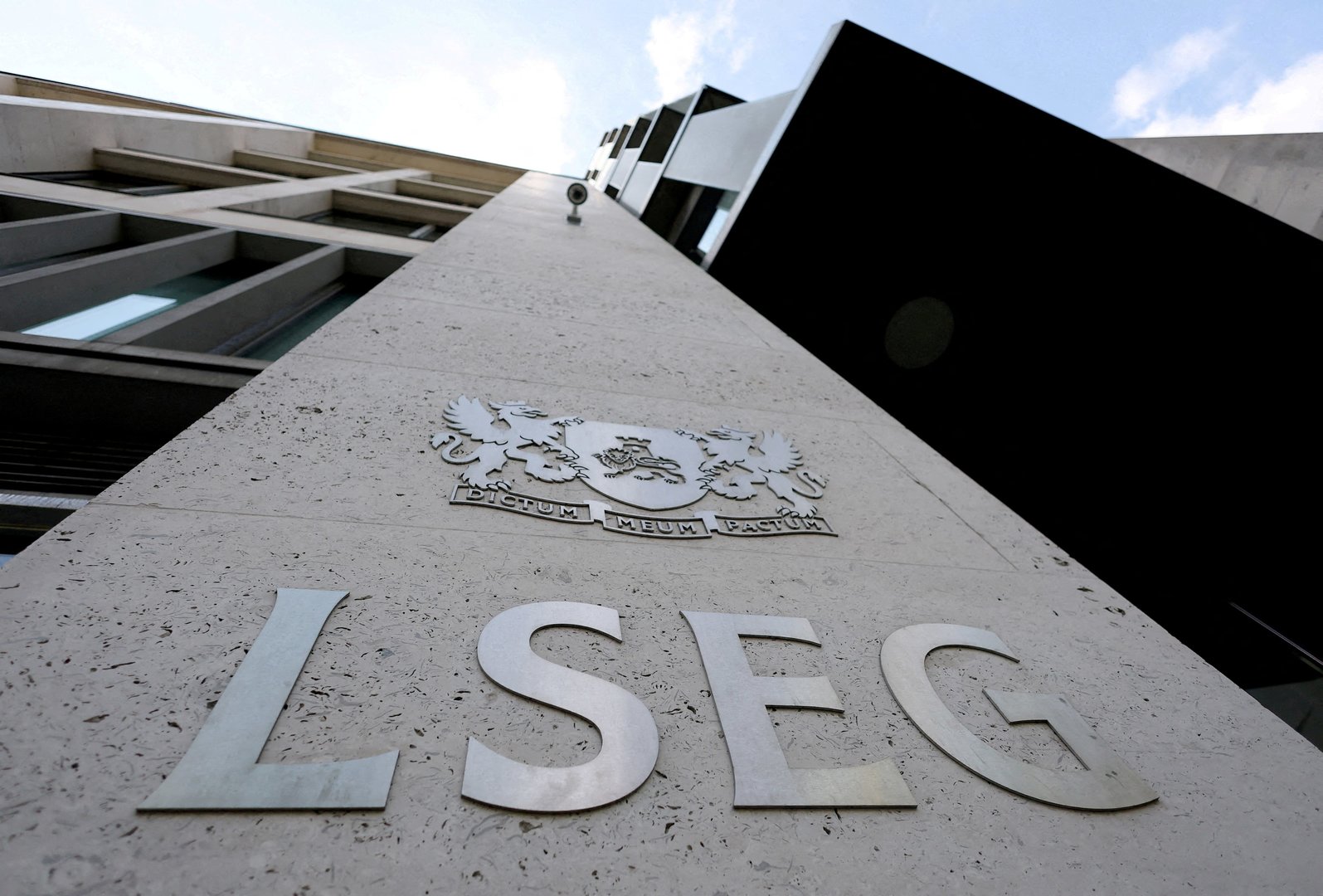
UK Pension Industry Rejects Mandated Shift into Domestic Stocks Proposed by LSE and Business Leaders
Britain’s pension industry has firmly rejected a proposal spearheaded by the London Stock Exchange Group (LSE) and more than one hundred UK business bosses to mandate that default pension funds allocate 25 per cent of assets into UK-listed investments. The proposal—presented in a letter to the Chancellor of the Exchequer—was backed by major company chairs and chief executives arguing that the drop in pension equity allocation to UK stocks (now around 4.1 per cent) is depriving domestic firms of capital and dampening economic growth.
Under the business leaders’ plan, the shift would channel an estimated £76 billion to £95 billion into UK equities by 2030, closing the gap between current allocations and global norms. They say the measure would help restore the domestic capital markets and bolster investment in home-grown companies.
The pension fund sector, however, responded that the proposal places the interests of savers at risk. Industry body Pensions UK urged caution, warning that prescribing a percentage allocation to UK assets could compromise risk-adjusted returns and undermine trustees’ fiduciary obligations. Its executive director stressed that schemes are already pursuing UK investments where they meet return criteria. The challenge, she said, is ensuring policy decisions remain rooted in savers’ best interests rather than broader economic targets.
The debate touches a long-running tension within the UK’s defined contribution (DC) pension market, in which many funds now hold a disproportionately small share of their equity exposure in domestic companies, especially compared with emerging norms in other advanced economies. Some analysts argue that the relative under-investment reflects concerns over performance, company size, and global return opportunities. Others view it as a missed national growth opportunity requiring policy intervention.
In parallel, the Bank of England’s governor has publicly opposed heavy handed mandates on pension investment policy, emphasising that changes should be market-driven rather than regulatory imposition. The government is now considering how best to calibrate incentives, regulatory tools and potential policy levers as part of a broader review of pension investment and capital markets.
As momentum builds ahead of upcoming fiscal policy decisions, the tug-of-war between boosting UK equity investment and preserving savers’ interests remains central. Industry leaders seek bold action to change capital flows; pension providers advocate for prudent investment based on outcomes; and regulators prepare for a nuanced policy front in the months ahead.









